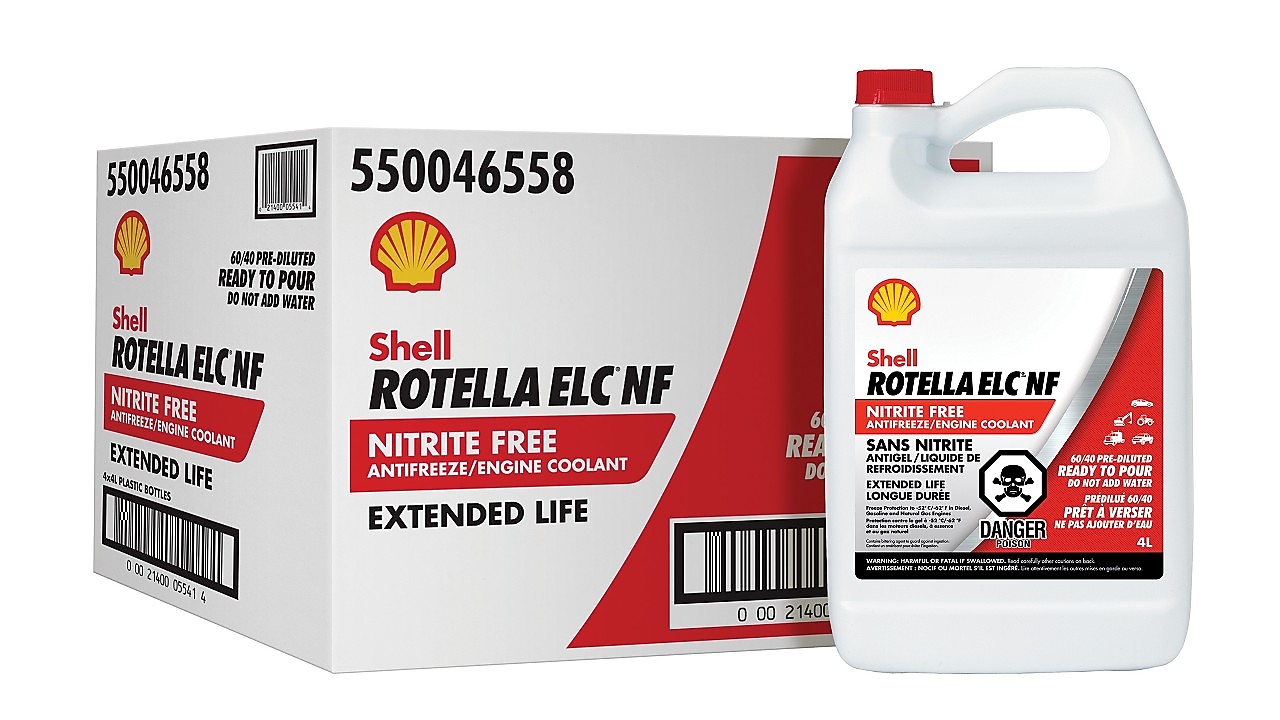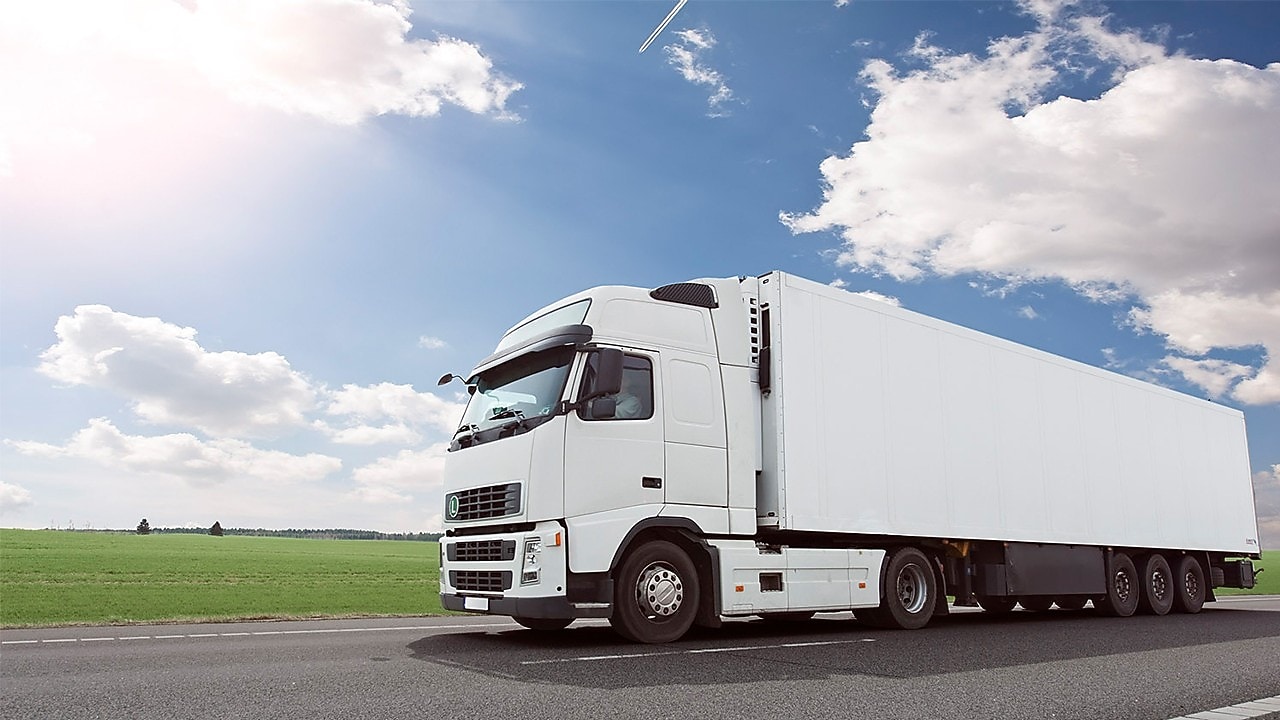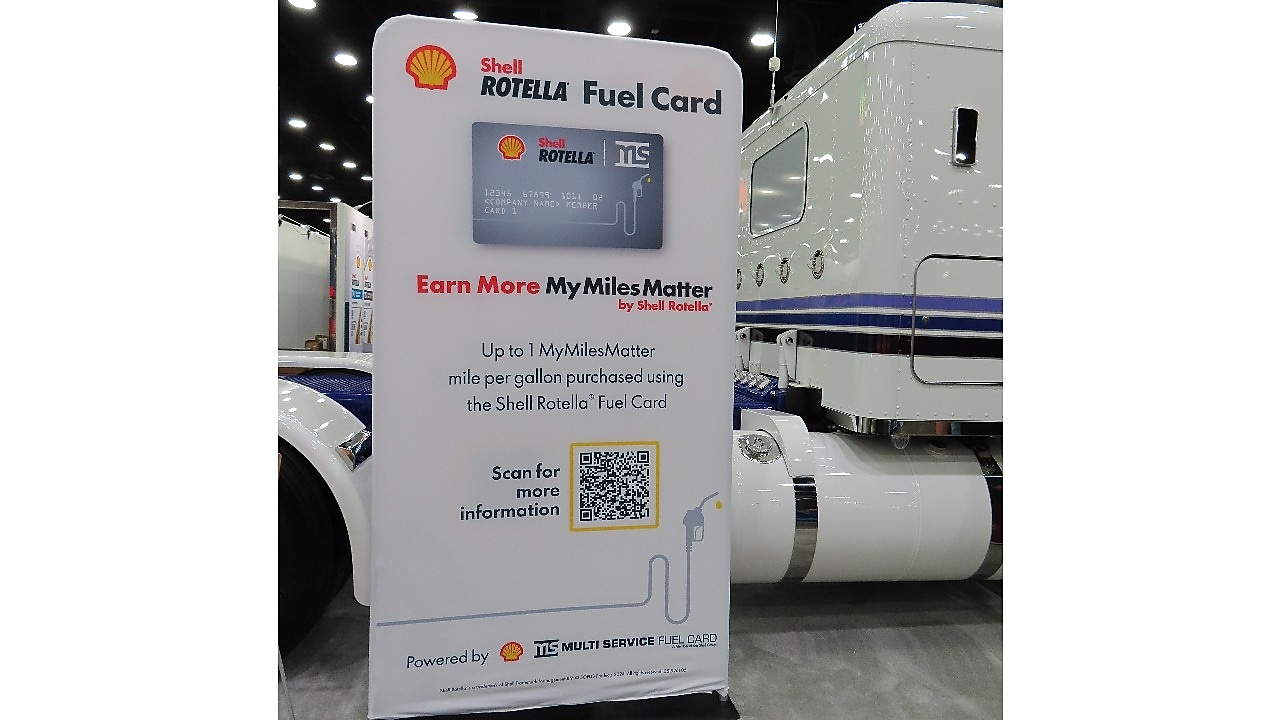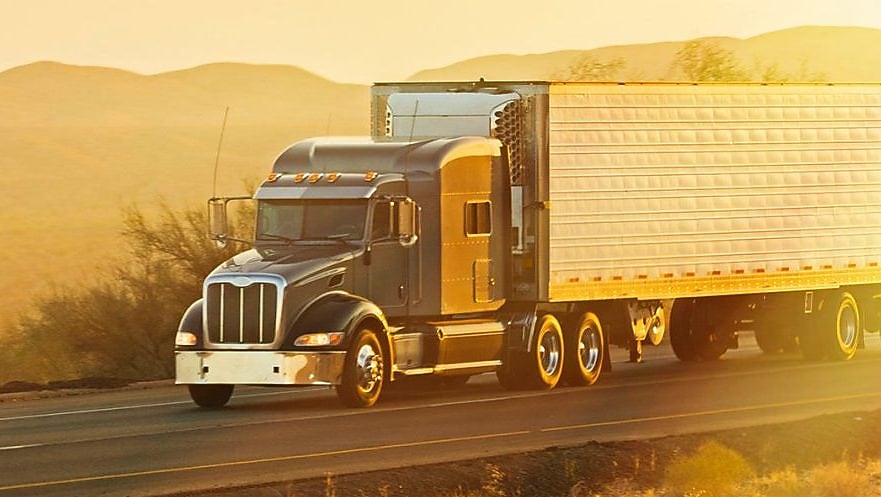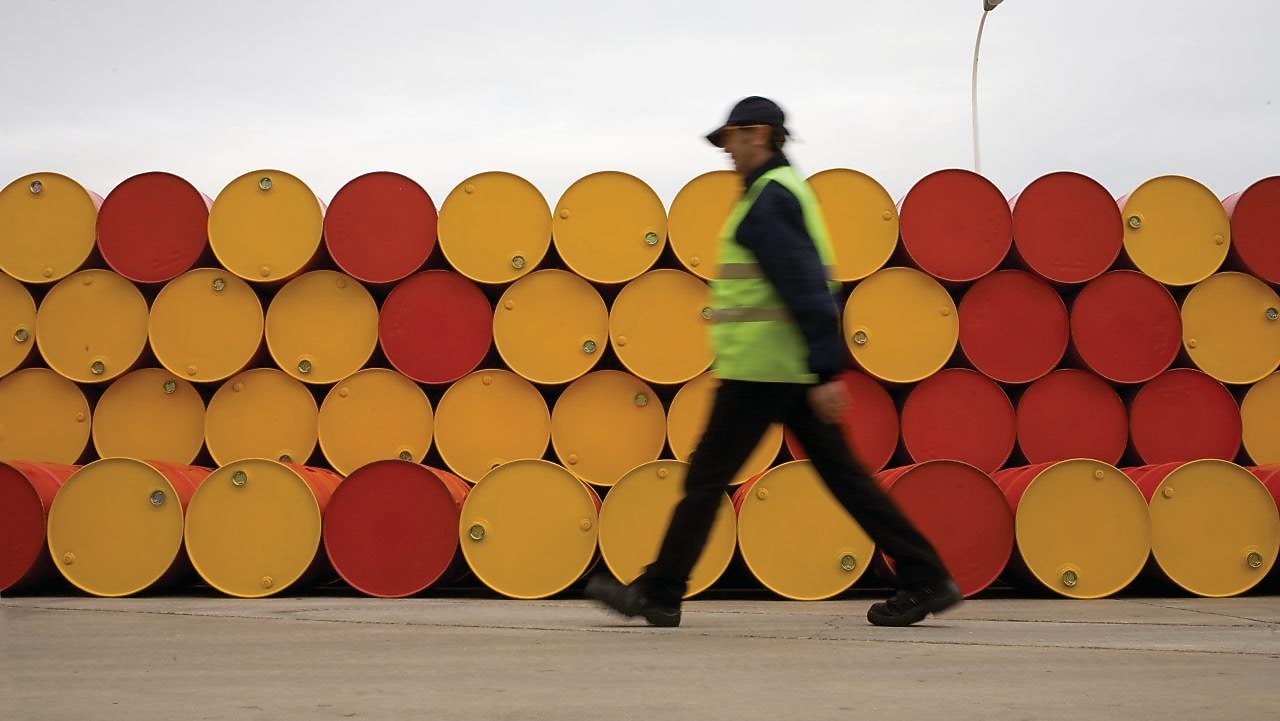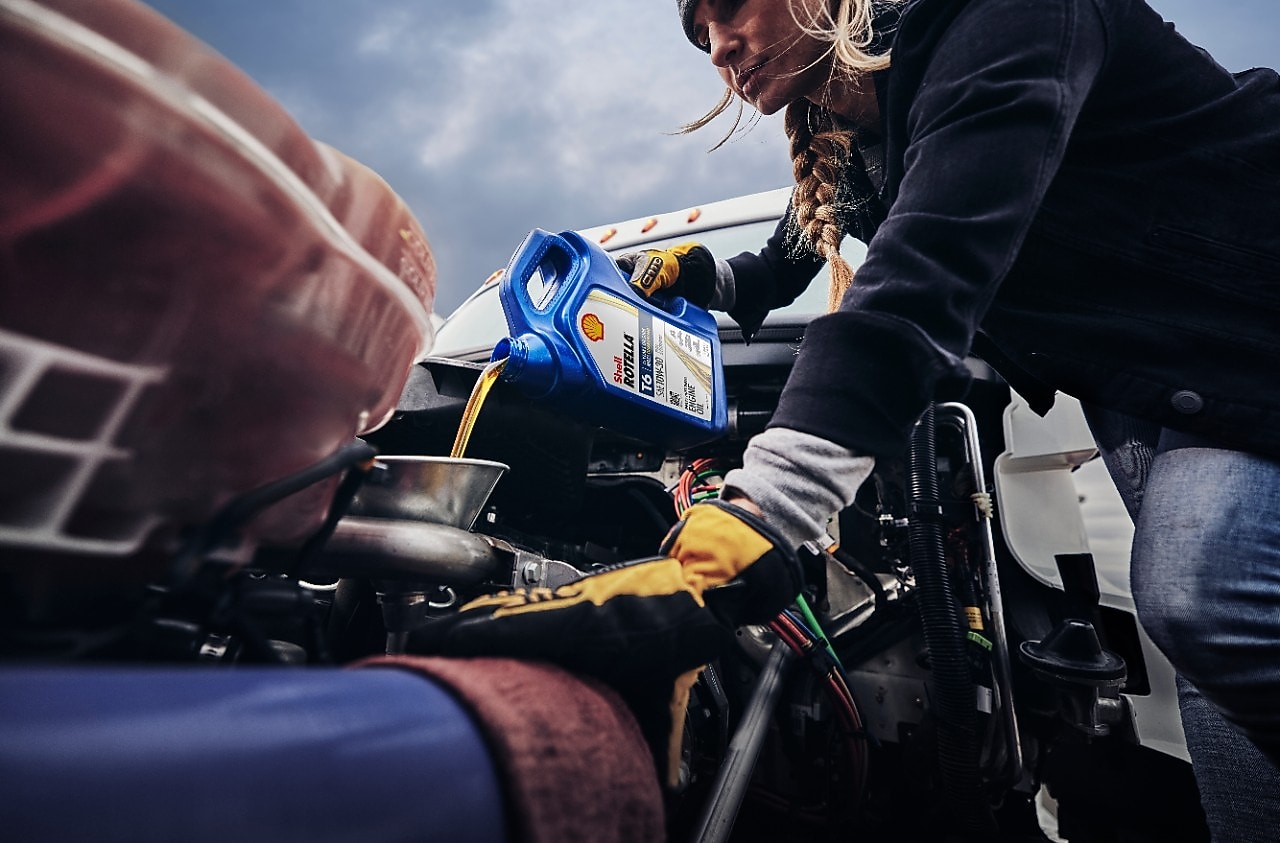
Shell Rotella Fleet Newsletter
Keep up with the latest news and insights and learn how we can help your fleet achieve lubrication excellence. Check out some of the articles from our Shell Rotella Fleet Newsletter below and start improving your fleet game today.

Shell Rotella Fleet Newsletter
Sign up today to keep up with the latest insights, highlights and resources from Shell.

